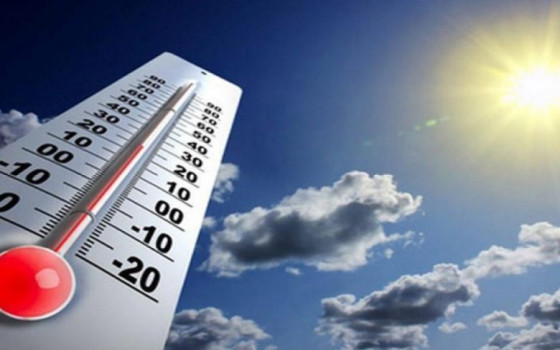
Europe faces frost, colds, and fears of the return of Corona

- Europe and Arabs
- Tuesday , 9 January 2024 17:35 PM GMT
Brussels: Europe and the Arabs - Agencies
European countries, including Belgium, Italy, France, Spain, Germany and others, have been facing a wave of frost for several days and it is expected to continue during the past few days. This wave of difficult weather has affected the daily lives of citizens and affected traffic, transportation, commercial activity and others after many people chose to remain in their homes during... Last weekend, in order to avoid the cold wave, many others were forced to request sick leave due to influenza or other diseases associated with cold weather. According to media reports, Spain and a number of European countries are currently going through a complicated situation due to an increase in cases of respiratory diseases, and according to data provided by the Carlos Institute. Health Third: Last week there was a 76% increase in influenza cases and a 60% increase in hospital admissions. However, the peak wave of influenza and other respiratory viruses is expected to occur in the third week of January.
The Spanish newspaper Larathon indicated that the infection rate at the national level has already reached nearly 1,000 cases per 100,000 inhabitants, with some autonomous communities exceeding this threshold.
The newspaper explained that many people entered the Abrantes Madrid Primary Care Center on Wednesday. Health centers are overcrowded due to the seasonal epidemic of respiratory viruses such as influenza and Corona
Experts say: “There is nothing new under the sun,” because this seasonal epidemic occurs every year at the same time. Only the Corona pandemic partially modified the pattern of other respiratory viruses, a situation that returned to “normal” last winter.
The European Center for Disease Prevention (ECDC) issued an alert on December 15 that primary care consultations for respiratory diseases have gradually increased since September, and many respiratory pathogens have spread, contributing to increased morbidity and mortality rates.
Thus, the Director of the Center, Andrea Ammon, asked the governments of the European Union Member States to take the necessary public health measures to mitigate the impact of respiratory pathogens.
The Vice-Chairman of the European People's Party Group and Spokesman for the People's Party in the European Parliament, Dolores Montserrat, denounced before the European Union the Spanish government's delay in its response to this crisis.
For its part, the French Meteorological Authority announced today, Tuesday, an orange snow alert, “an advanced level,” to deal with snow in six regions in northern and western France, especially in “Ile de France” and “Normondie,” and in three others in the east of the country, where the snow mass spread and continued to fall. Snow all night and into the morning, causing traffic obstruction.
In Ile-de-France, thousands of cars were stuck on the roads overnight from Monday to Tuesday due to snow. This morning, several highways linking many areas in the French capital were closed, causing traffic chaos.
Today, temperatures drop to -7 degrees Celsius. Tuesday is expected to be the coldest day of the week across the country, with temperatures ranging between -5 and -10 degrees Celsius, especially in the northeast of the country.
According to the Meteorological Service, the snow mass extended from the Paris region to the Lower Normandy region (western France), and the amounts of snow that fell were higher than expected. Meteorology also indicated that the “Nord” region in the north of the country, and “Pas-de-Calais” are on alert for floods.
Yesterday, Monday, the severe cold wave reached France after sweeping countries in northern Europe. Yesterday, the Meteorological Authority announced a yellow alert in nearly 40 provinces in the country to warn of the “severe cold” wave. A number of local authorities also announced emergency plans after a decrease in... Temperatures are expected to reach about -10 degrees Celsius.
The Authority had expected a flow of polar air coming from northern Europe and Russia towards more Western countries such as France, an air mass coming from Russia and the Scandinavian countries, and therefore this cold is expected to be more severe and temperatures will be lower than usual.
French meteorologists warn of the dangers resulting from bad weather conditions, and Transport Minister Clement Beaune warned of road traffic disruption, calling for maximum vigilance.
In the face of this severe cold wave, many local authorities in many provinces, including Ile-de-France, announced an “extreme cold” plan to help people exposed to the risks that the cold may cause, especially those who live without shelter, by allocating unallocated buildings. For housing, such as gyms or schools to protect them from this extreme cold.


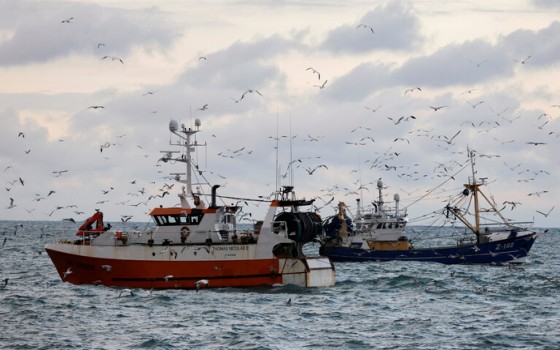

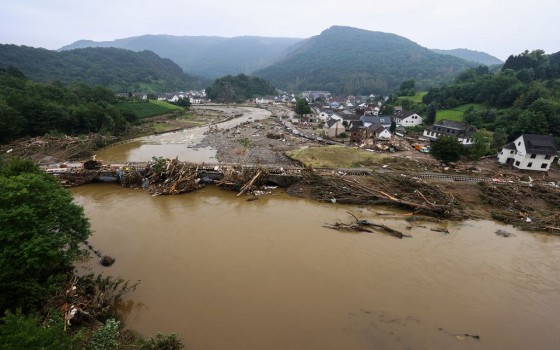
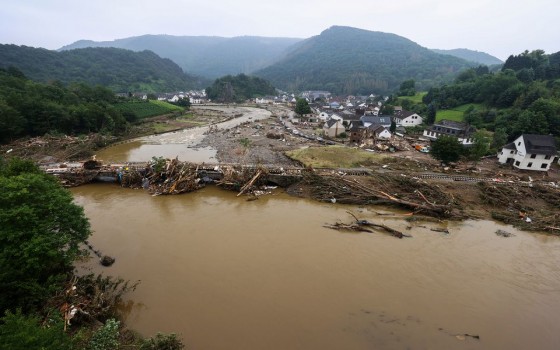


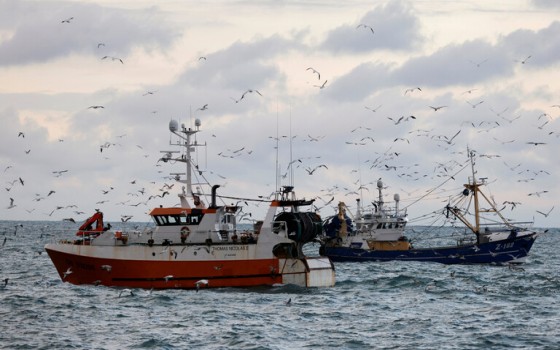



No Comments Found